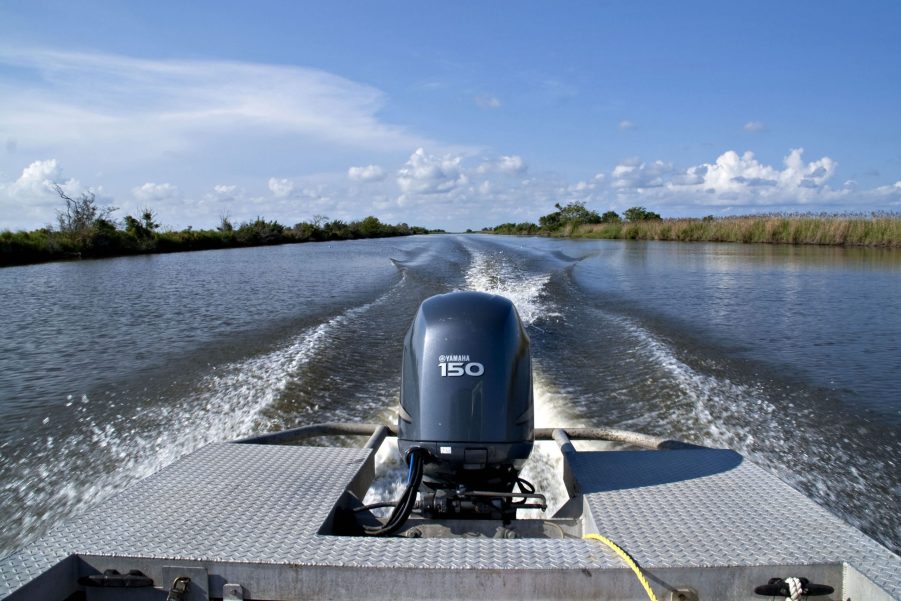
The Most Common Boat Engine Problems
“There’s no bad day on a boat.” Owning a boat is a dream many people have, wanting the freedom and solitude or wanting to tow family and friends around the lake on inner-tubes trying to get them to flip over because it is more fun that way. As fun as owning a boat can be, there are also some not-so-fun moments. Maintaining your boat’s engine can be a challenge because boat engines are not the same as car engines. What challenges might there be and how do you avoid them, so you can spend more time actually having fun on your boat?
Common problems engines have
Boat engines may have challenges that a car engine would not, but they are similar and have some similar problems. Boating Magazine has a list of some of the most common problems that engines, particularly boat engines have. If your engine is sputtering or losing power, or if the motor suddenly stops, the No. 1 thing to check, just like with a car, is to ask, “did you run out of fuel?”
It may seem obvious, but it should always be the first thing you check. Provided you are good on fuel, another possibility is an issue with your filter. If the motor just suddenly stops, make sure nobody bumped the kill switch, and if this is not the case, and you are good on fuel, it might be a blown fuse or a tripped breaker.
If your engine doesn’t start, similar to a car engine, it is likely a low or dead battery or an interruption somewhere in the ignition circuit. Another common problem is a frozen steering wheel. This could be as simple as the steering system needing its hydraulic fluid filled up.
It could also be a loose connection in the steering arm. Unlike cars, boats don’t have radiators and use the water they are floating on as a way to cool the engine. So, if you notice your engine is starting to overheat, the most likely cause is a lack of water flow in the cooling loop.
Boat engines have unique challenges
One problem that is unique to boat engines is rising water in the boat. If you have rising water in your car, you probably have different things to worry about. On a boat, provided you remembered to put in the transom drain plug (no judgment, we have all forgotten) and you did not hit, say, an iceberg, the most likely problem is a burst hose.
If you are having a lot of vibration the faster you go, or the engine is racing while the boat is slowing, it is generally a problem with the prop. It could be a dent or gouged blade, something twisted around the shaft, or distortion from a hit to the prop blades.
Besides problems unique to boats, ie rising water, and broken props, there is also the fact that you are generally in the middle of water when these problems occur, sometimes quite far from any shore. But do not make that SOS call yet, as long as you are prepared, most problems can be fixed at least enough to get you back to shore. Always carry a marine tool kit, a soft wire or rod to snake any clogs, a battery charger, gloves, extra fluids (hydraulic, transmission, and steering), and a spare filter or filter element.
Maintenance is your friend
It really should not be a surprise that maintenance is your best friend. This is true of boats, cars, and water skis. Regular inspection of all elements, including cleaning and replacement if necessary, will prevent many of these problems. Remember, an ounce of prevention is worth a pound of cure. Having your watercraft serviced regularly, as well as properly storing your boat when it isn’t being used, will keep your boat running smoothly.
Owning a boat can and should be an awesome experience. As long as you pay attention to a few common things, like your fuel level, to prevent a breakdown, you should have tons of boating fun. Provided there are no icebergs and the name of your boat is not The Minnow.


